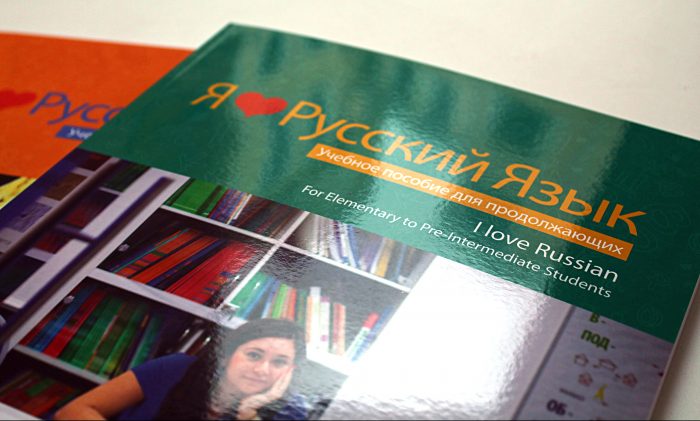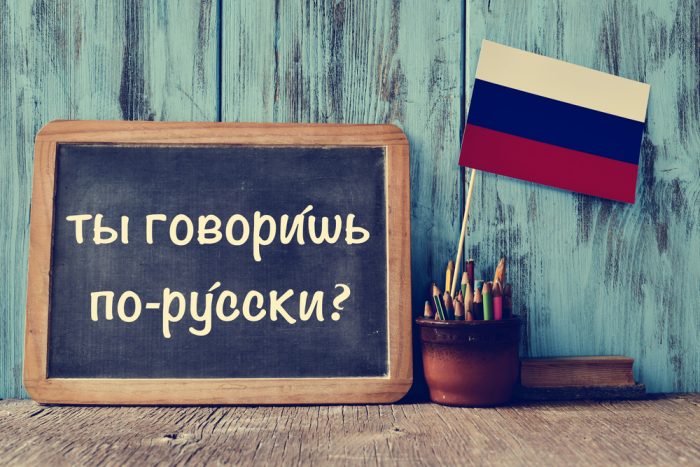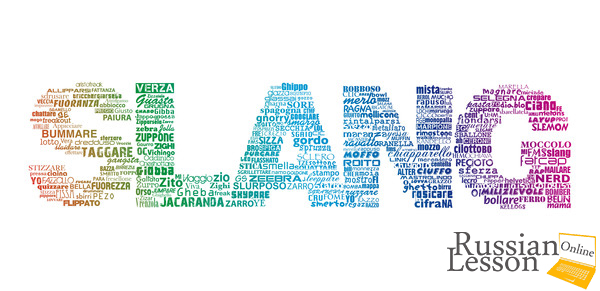
Because of the high demand, we are back again with some new and usable Russian proverbs and sayings, which are really useful and beneficial, especially if you are studying Russian in Moscow or in any other cities!
This time I am going to show you a dialogue between two friends, Mike and Marcus, using all the quotes. Of course, at first sight it won’t make any sense, but afterwards every figure of speech will be translated into Russian to understand the context behind it.
Marcus: Hey! How is it going? Everything alright? You look like someone put you in the water.
Mike: Hey. Yeah, I had a tough conversation with my parents about getting a new car. They are always making an elephant out of a fly! So annoying.
Marcus: I understand that, but you can’t hang noodles on their ears.
Mike: Yeah, I know that, but after they said NO, I was looking at them like a sheep standing in front of a new gate… It was so strange because when I first saw the car, I wanted to jump out of my pants!
Marcus: What did your girlfriend say about the whole situation?
Mike: Which girlfriend? She gave me a turn from the gate last week.
Marcus: Oh, I’m sorry mate. Let your road be your tablecloth!
Mike: That’s true. How are your studies going? I heard you started studying Russian.
Marcus: Quite good, actually. You can say that I literally crunch the granite out of science!
Mike: Sounds good! Ok, hold your tail as a pistol. See you around!
After reading this conversation, you might be a bit confused by the meaning of the Russian quotes. Don’t worry! I will help you to understand the Russian proverbs step by step!
First small, then big?
You may have already heard the phrase ‘always making an elephant out of a fly’ because it is also used in German. Translated into Russian it means: делать из мухи слона –this sentence делать из мухи (Fly) слона (Elephant) should be clear even to Russian students because it combines the infinitive with genitive. You can use this phrase in any conversation with friends or parents. In English they say, ‘don’t make a mountain out of mole-hill’.
Noodles are the new earrings?
To hang noodles on someone’s ears might sound a bit strange for people who aren’t from Russia. When you translate it into Russian it’s written: ‘лапша, висящая на ушах’ – it means that you shouldn’t lie to someone or think them stupid. So, remember – a Russian won’t lie to you, they would just hang noodles on your ears.
Open the gate
This phrase might also sound familiar to you, especially when you’re able to speak English or German. Standing like a sheep in front of a new gate is a common quote and often used for people who are not keen on trying something new or are just dull. Translated into Russian proverbs it means: ‘смотреть как баран на новые ворота’.
Your road
It nearly happened to everybody who a relationship. When you got dumped you’re likely to say some things you might regret afterwards, or you don’t. The perfect fitting Russian proverbs would be: Cкатертью дорога! Translated into English it means: Good riddance.
Keep your clothes on
It might sound hilarious to you but ‘jumping out of your pants’ is a really common quote in Russia and in England as well. The Russian version of this phrase is: выпрыгнут из штанов – and again, the genitive is used for ‘out’. You can use this sentence whenever you are particularly excited, or you are looking forward to something. The actual meaning of this proverbs is life is easier when you don’t need to think about relationships.
Study hard
Of course, you already know the basic quotes like ‘go hard or go home’ or ‘no pain, no gain’. Everybody knows that hard work pays off, but there are different phrases to describe it. The Russian one is really good, ‘crunch the granite out of science’, it means what it says. Translated into Russian it is written as: грызть гранит науки!
Fire!
Perfectly fitting with the last paragraph on studying hard, you also have the so-called ‘never give up’ quote: Держи хвост пистолетом! Translated into English it means that you should hold your tail as a weapon, which sounds a little bit funny, but you can work out what it means.
There are several proverbs you can use for each situation and like I mentioned in a previous post ‘on a date with Russian proverbs’, you can use any of them without hesitation. Give it a try and impress your Russian friends!
What is your favorite Russian proverb? Let us know in the comments section!
Also check out our article about 10 sentences every Russian student should know!

Students will be happy to learn that the Russian Government has today announced plans to make Russian language easier in an effort to simplify greater international engagement. …

In a previous post, we revealed that Russians don't really say “na zdarovje” when they toast. While the phrase has been popularised in English language media – and a lot of Russians will nod politely and clink glasses with you if you use it – it’s not something a native speaker would ever…

Improve your Russian while working as an expat? Mission possible! …

What could be a better way for Russian immersion than reading, especially when you read the books that you find interesting and that can give you a better idea of the culture of Russia? Co-founder of Liden & Denz, Walter Denz shares his experience on how reading Russian literature can improve your…

Learning a language is hard. Keeping it when you don't have classes is even harder. So this article is not about how to learn Russian, but how to maintain your Russian. …

Learning the Russian language can be a long, hard slog. Days, weeks, months spent poring over textbooks, attempting to understand the cases, crying over aspects, endeavouring to pronounce ы and щ. …

Many language learners desire to communicate well with native speakers of the language or those who speak it. I have always dreamt of talking more fluently and texting through social media with my Russian friends better. It is no exaggeration to say that good communication skill gives you an…

If you are already able to speak Russian, then congratulations! You are on a good way. But even if you are, let’s say, on level B2, you have probably been in situations with Russians, especially younger people, where you did not understand everything they said — either because they were speaking…